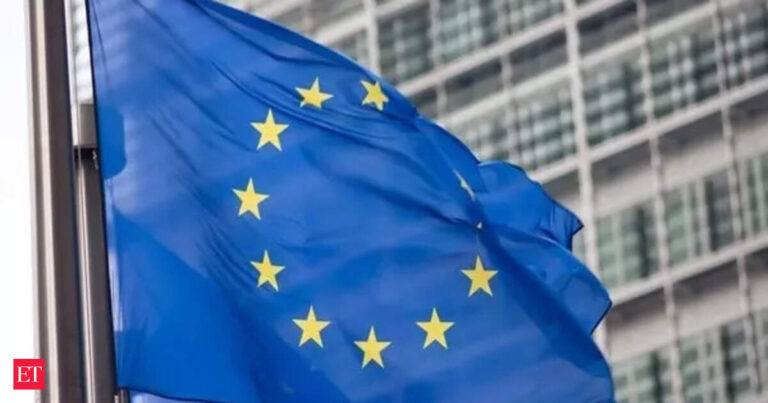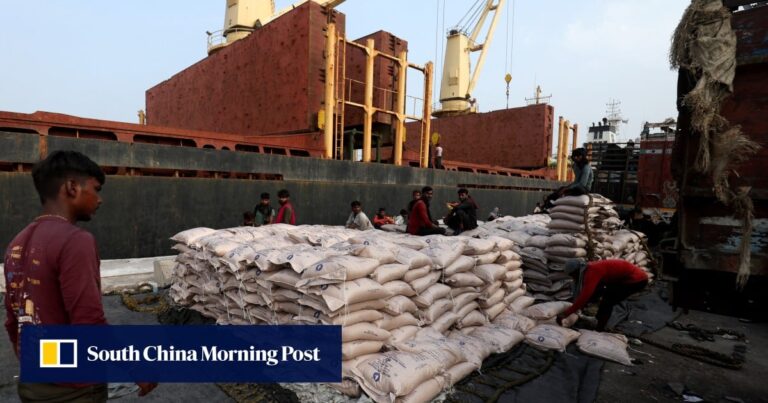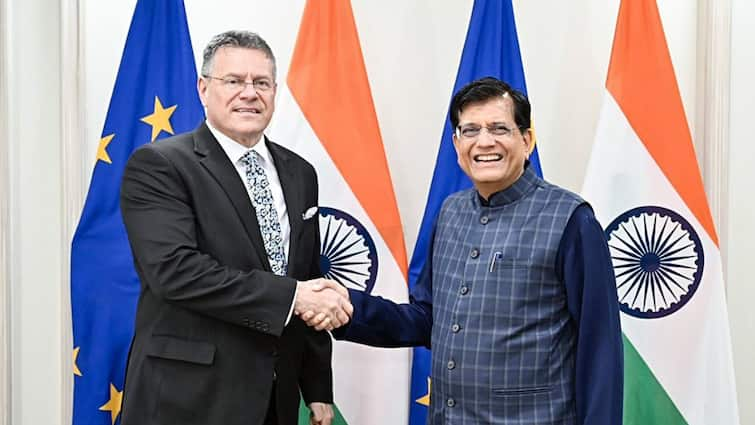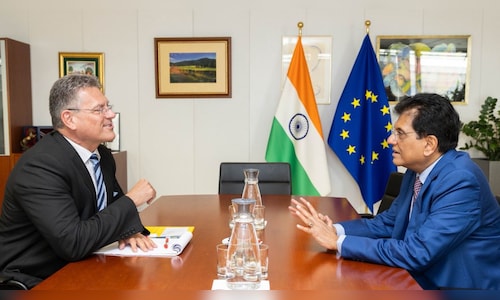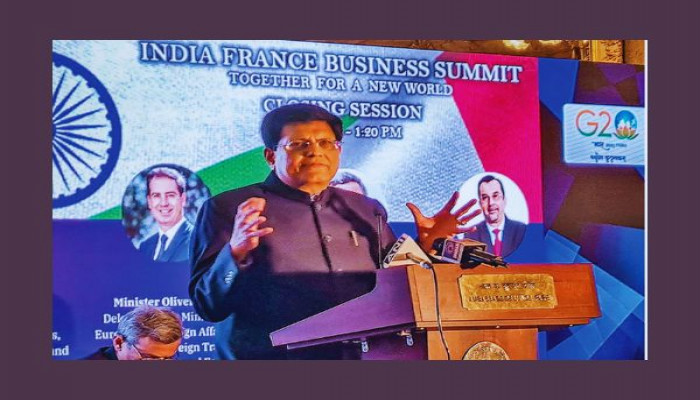
Andhra Pradesh Minister -in Chief N. Chandrababu Naidu called on the central government to intervene urgently and to support the Aqua agricultural community of the State, in particular the criminal cultivators, because the industry faces a blow of the new American prices. In a letter addressed to the Minister of Commerce and Union industry, Piyush Goyal on Sunday, Naidu asked the center to engage in talks with the American administration to request an exemption for Indian Aqua products of the reciprocal tariff of 26% recently imposed.
Naidu’s letter intervenes in the wake of the United States applying the new price on Indian seafood exports of April 5, which, according to him, will have a strong impact on the expeditions which have been harvested and wrapped according to the older trade agreements. These products, now stored in cold installations, are subject to revised tasks, placing exporters and farmers in a precarious situation.
India shrimp exporters are faced with competitive disadvantage
According to the official declaration of the Government of Andhra Pradesh published on Sunday evening, Naidu stressed that during the financial year 2023-2024, India exported marine food products worth $ 2.55 billion to the United States, with shrimps representing 92% of this value. The chief minister stressed that competitive Indian exporters are confronted now, noting that countries like equator are only subject to an obligation of 10% on shrimp exports to the United States, much lower than the current burden of India.
Naidu stressed that Indian exporters are already paying a compensatory right of 5.77% (CVD). Combined with the new price, India is faced with a differential of around 20% compared to the equator. He warned that this imbalance could redirect market share far from India, especially in the United States, which has always been a key destination for Indian shrimp.
Ale with the European Union proposed as a strategic alternative
Beyond the American market, Naidu also recommended that India is seriously planning to sign a free trade agreement (ALE) with the European Union. He cited the example of Vietnam, which benefits from zero-service access to the EU markets under such an agreement. Indian exporters, on the other hand, are currently subject to non -pricing obstacles, including a high inspection rate of 50% and import rights ranging from four to seven percent. “As a result, these countries effectively capture the European market,” he said.
Impact on local ecosystem and cold storage overflow
Naidu has expressed profound concern in the face of training effects on the local aquatic economy of Andhra Pradesh, declaring that industry, including farmers, hatching, food factories, processors and exporters, is now under intense pressure. He noted that countries like Vietnam, Thailand and Japan often get raw seafood from India, treat it and re-export it to the United States, however, with steep tasks now levied from end products, even these intermediate countries cancel orders from Indian suppliers.
He added that this led to an overflow of cold storage units in Andhra Pradesh, exporters interrupting purchases due to unpredictability on the market. Farmers, therefore, are not sure of how to store their harvested shrimp, still exacerbating the crisis.
“All of these developments push the Aqua sector of Andhra in a deep crisis, after which Aqua farmers, hatching, food factories, processors and exporters – all – are assigned,” said Naidu. “Consequently, I appeal to the center to keep the necessary discussions with the American administration (Trump) to include shrimp in the task exemption list,” he urged.
The role of the crucial center while the shrimp sector faces the crisis
While the shrimp industry of Andhra Pradesh looks at the losses of assembly and operational disturbances, the advocacy of Naidu underlines the urgent need for diplomatic intervention and politics. The imposition of additional American rates, combined with the limited access of India to exports of right of service to the European Union, threatens to destabilize one of the most vital sectors of the State. The appeal of the Minister -in -Chief to negotiations and the reform of trade aims not only to protect the means of subsistence of farmers and exporters, but also to strengthen the long -term position of India in the world market for seafood.
